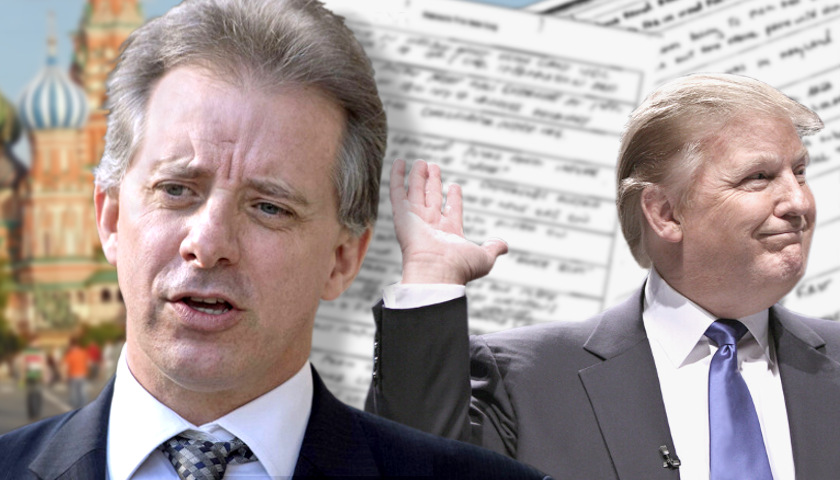


In May 2016, Papadopoulos indiscreetly talked with Alexander Downer, then the Australian high commissioner to the United Kingdom, about Russia’s plot to intervene in the U.S. The Trump campaign adviser George Papadopoulos “likely learned about the Russian active measures campaign as early as April 2016,” the Senate Intelligence Committee wrote.democratic process.” Again, that’s from the Senate Intelligence Committee report. Early in 2016, President Putin ordered an influence operation to “harm the Clinton Campaign, tarnish an expected Clinton presidential administration, help the Trump Campaign after Trump became the presumptive Republican nominee, and undermine the U.S.Yet repeatedly during the 2016 campaign, Trump falsely stated that he had no business with Russia-perhaps most notably in his second presidential debate against Hillary Clinton, in October 2016. Trump’s representatives directly lobbied aides to Russian President Vladimir Putin in January 2016. “By early November 2015, Trump and a Russia-based developer signed a Letter of Intent laying out the main terms of a licensing deal,” the Senate Intelligence Committee found. Trump continued to pursue the Tower deal for a year after he declared himself a candidate for president.

Around that time, Trump opened discussions on the construction of a Trump Tower in Moscow, from which he hoped to earn “hundreds of millions of dollars, if the project advanced to completion,” in the words of the Senate Intelligence Committee. That year, he staged the Miss Universe pageant in Moscow. In 2013, Trump’s pursuit of Russian business intensified.More than one-fifth of all the condominiums sold by Trump over his career were purchased in all-cash transactions by shell companies, a 2018 BuzzFeed News investigation found. Dating back to at least 2006, Trump and his companies did tens of millions of dollars of business with Russian individuals and other buyers whose profiles raised the possibility of money laundering.

I’ll reduce the complex details to a very few agreed upon by virtually everybody outside the core Trump-propaganda group. The factual record on Trump-Russia has been set forth most authoritatively by the report of the Senate Intelligence Committee, then chaired by Richard Burr, a Republican from North Carolina. On high-subscription Substacks, on popular podcasts, even from within prestige media institutions, people with scant illusions about Trump the man and president are nonetheless volunteering to help him execute one of his Big Lies.
#Steele dossier indictments free#
With Trump out of office-at least for the time being-they now feel free to subordinate their past concerns about him to other private quarrels with the FBI or mainstream media institutions. This newest round of excuse-making is being sounded from more respectable quarters, in many cases by people distinguished as Trump critics. But it’s not pro-Trumpers who are leading the latest round of Trump-Russia denialism. The usual suspects in the pro-Trump media ecosystem will of course endorse and repeat everything Trump says, no matter how outlandish. The latest example: the suddenly red-hot media campaign to endorse Trump’s fantasy that he was the victim of a “Russia hoax.” Instead, at almost every turn, Trump was helped by people who had little liking for him as a human being or politician, but assessed that he could be useful for purposes of their own. If Donald Trump had been supported only by people who affirmatively liked him, his attack on American democracy would never have gotten as far as it did.


 0 kommentar(er)
0 kommentar(er)
